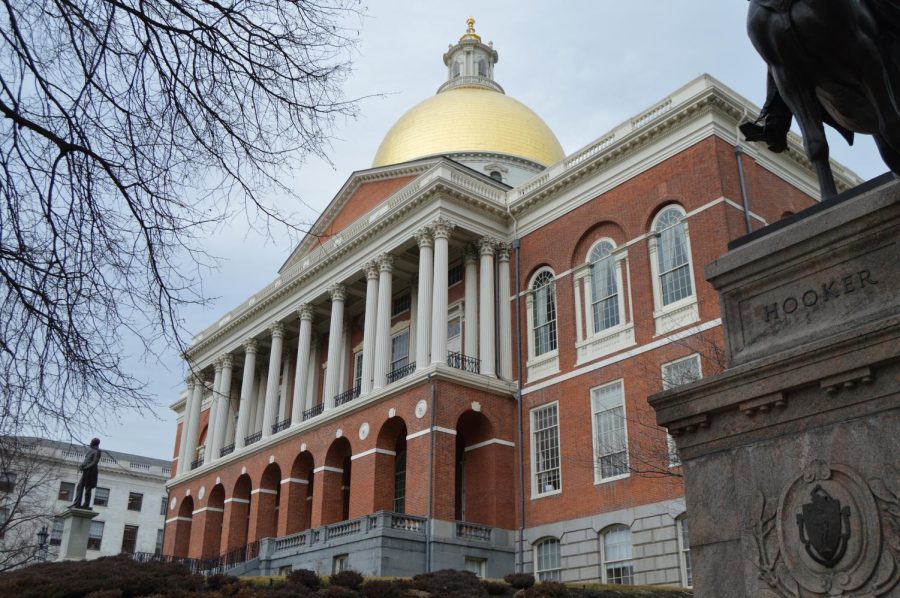Two weeks ago, President Joe Biden addressed Congress in his State of the Union. During his speech, Biden called for a push towards accessible higher education, including two years of free community college, with hopes that more Americans would pursue a four-year degree. He quoted his wife and First Lady Jill Biden, who said, “Any nation that out-educates us is going to out-compete us.” He said this statement to a room of highly-educated congressmen who serve an under-educated populate.
Access to higher education in the United States has consistently been a privilege for higher-income families. Wealthier parents can invest in their children’s education more than lower-income parents can. Money leads to tutors, extracurriculars, test-prep and a safe environment where children can focus on their academics. Unfortunately, this is not the school journey of most American students. Children from lower-income families struggle in school because of a lack of resources, food insecurities and other threats. Many students are choosing to not go to college or not finishing their degree because of the rising costs of universities. These students’ absence from university is a detriment to not only themselves, but to other students, as they are missing valuable discussions with these students they would normally get.
As a first-year undergraduate student at the University of Massachusetts studying political science, I feel fortunate to be able to learn about the field from the tame environment of a lecture hall. The University does a wonderful job of bringing people from diverse backgrounds into the same classroom. This is important because it encourages diversity of thought and pushes discussions into deep and thoughtful conversations. The countless people from different backgrounds I’ve met here have faced many troubles in their own lives and have accomplished plenty to earn them a seat at this school. Sometimes, I wonder if there is an empty space.
In my political science studies, I’ve discovered that what we do is important but comes from a privileged position. Often, individuals suffer a lot longer under the policies we learn about in class — sometimes more than what is portrayed in our courses. When you approach politics from an academic angle, you can lose sight of who you are serving. The voices prioritized in school are renowned authors, experienced researchers and Ph.D. holders. These people have the same vote as the rest of Americans but are treated with more respect because of their educational backgrounds.
This is why Biden’s remarks made me feel uneasy. While he was addressing Congress, he was primarily addressing a small room of educated individuals. In this small room, about 96 percent of the congresspeople hold college degrees. That number is disproportionate to the rest of the population where about 38 percent of American adults have bachelor’s degrees or higher. It’s unsettling when you recognize that the highly-educated govern the vastly uneducated. It is no surprise that our politicians have access to higher education, and therefore knowledge that other Americans cannot otherwise get. Information is power, and politicians have more information than the rest of America because they were able to access education that their families could afford.
Extensive research has shown that college education does not make political leaders better at their jobs. For example, higher education does not provide a country with increased equality, lower unemployment or a higher gross domestic product. I’ve learned a lot in college, and my professors and lecturers have too, but if we only look at our country’s problems from an academic perspective then we will never go anywhere. Our education does not teach us the urgency of resolving our nation’s problems if the closest we experience it is in a literary paper.
Sophia Hutcheson can be reached at [email protected].



















